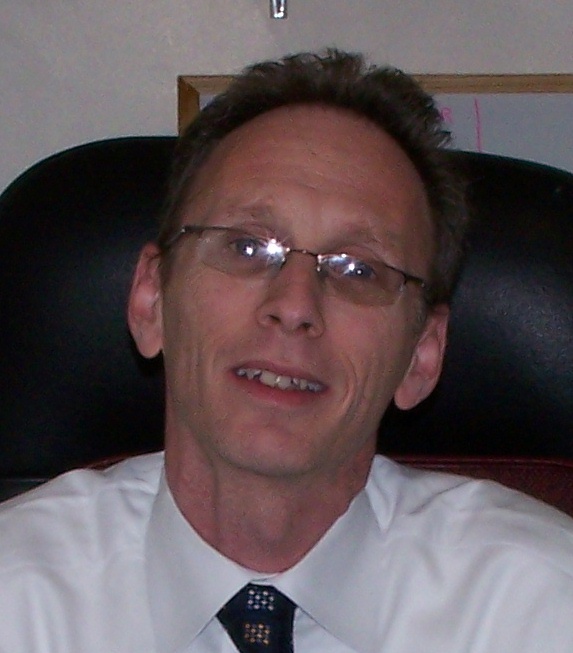David Seidemann: Perceiving our potential
Opinion: From the other side of the bench
Issue of March 6, 2009 / 10 Adar 5769
We sat around the table, the rabbis, three of them, the maybe soon to be ex-husband, the maybe soon to be ex-wife, myself and a few other family members and friends there to lend support. Could this marriage be saved, the relationship repaired?
At one point during the dialogue, the wife remarked, “We are at this point because you constantly have been asking me to be someone I am not.”
“Not true,” said the husband. “All I have been doing over the last few years was to ask you to be the person I know you could be.”
Silence permeated the room. No one spoke, no one moved. All of us, as I discovered in subsequent conversations, felt an immediate rush of guilt and shame about missing the mark, as Rabbis, lawyers, husbands, fathers, sons and friends. The meeting actually ended after that remark because no one knew what to say afterwards.
Sunday morning, a bris. Sunday afternoon, a funeral for a nine-year-old boy. So which runs deeper, the joy of new life or the pain of the loss of a life? There is no answer for one who doesn’t believe in the potential of man, the concept of a Creator and the concept of an afterlife. Life is measured in fulfillment of potential, not in the counting of birthdays celebrated. The bris of an eight-day-old can be more depressing than the funeral of a nine-year-old if we hold out little or no hope of that eight-day-old being nurtured in an environment that will develop his potential.
I am willing to listen to any dissenting opinion from any Torah scholar but I believe as follows: G-d takes people who are in their sixties, seventies and eighties who for some reason or another have not reached their potential. But I am equally convinced that when G-d takes a child, that child would not have been taken unless that child has unequivocally completed his or her task on this Earth.
So the parents of the newborn shed tears at the bris of their newborn after their tremendous joy at bringing another Jewish soul into the world. Their joy is tempered by the worry and fear of perhaps having a child who won’t reach his potential.
And the parents of a nine-year-old cry bitter tears as they return their son to his Creator. But hopefully, over the years, those tears will be sweetened with the knowledge that no nine-year-old boy leaves this world unless he has fulfilled his potential, concluded his task and made his mark.
Most of us spend the first third of our lives fulfilling someone else’s perception of our potential. The next third is spent identifying our potential and only the last third, trying to reach it. But G-d is brilliant. He devised measurements of time, by which we can measure ourselves.
There are seconds, minutes, hours, days, months, years and decades. True potential seekers take stock at least every day, others at the end of a week before each Shabbat, and still others only once a year, before Yom Kippur.
Why in the world would G-d, through the rabbis, institute Bircat Hachama, the blessing over the sun that we recite once every 28 years? (This year it occurs on Wednesday April 8). I can understand the blessing on the new moon which we say once a month. Just look at the moon as it changes its shape every day of every month. It is clear to the naked eye that a renewal is occurring. But a blessing over the sun?
The sun as it will appear on April 8, 2009 looks the same as it will have looked on April 7, 2009. It will appear on April 8, 2009, the same way it appeared in April of 1981, the last time we made the blessing. And with all deference to Al Gore, it will appear this year as it will on Wednesday, April 8, 2037, the next time we can make the blessing.
For those of us who have squandered our opportunities to evaluate our potential every week, or even once a year, we are being afforded the opportunity to evaluate our lives at a 28-year mark. We don’t have to wait for illness, infirmity, or impending death to ask ourselves the painful question “Were we the best we could have been?”
The “Blessing of the sun” instructs us that even when it appears that everything is the same today as it was yesterday, that today is an affirmation that my actions yesterday were fine, after all I am still here. The blessing, every 28 years, instructs us to stop and take stock of a life that like the rise and the setting of the sun, which appears to be the same and needs to be evaluated anew.
There are subtle changes, subtle differences that require one to challenge himself at the very least once very 28 years and ask the painful question, “Can I be better?”
If we begin to measure success not by the money we have accumulated (and wasted foolishly to impress our friends who might only be our friends because of our lavish spending); if we measure success by the fulfillment of potential, then the hearts of parents, grieving over the loss of their son, can somewhat be comforted with the knowledge that their son, Levi Yitzchok Wolowik, was one of the wealthiest among us.

 61.0°,
Mostly Cloudy
61.0°,
Mostly Cloudy 







